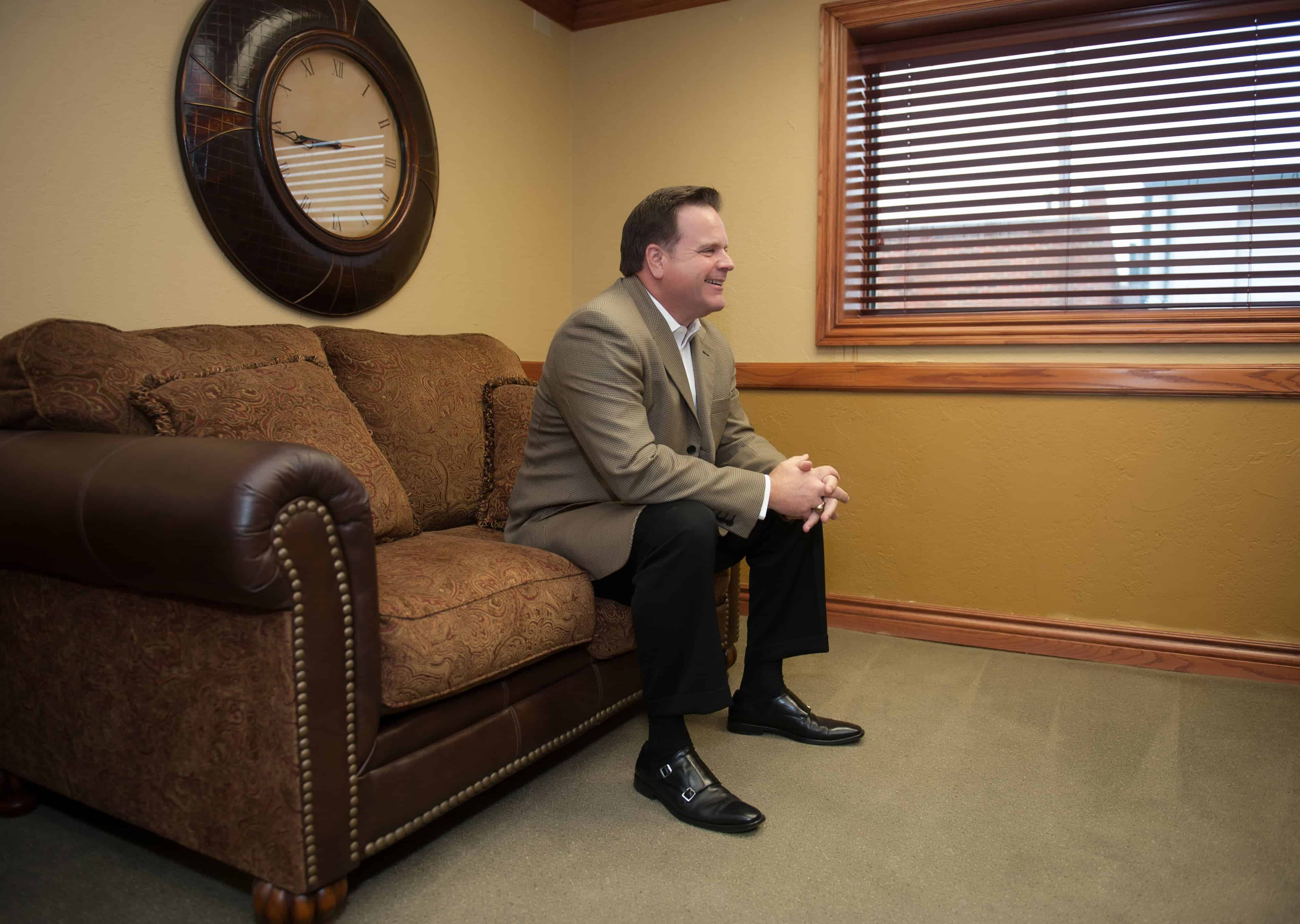Many families lack the capabilities to replace the income for their household when they lose a spouse. Depending upon the circumstances, there are many options to prepare for and replace the income from your spouse.
First, life insurance is a means of replacing income by receiving, mostly if not all, tax-free income from an insurance company by claiming benefits against a policy owned by you or your significant other. To claim the benefits, simply complete a claim form, submit a copy of the death certificate and a copy of your identification. You are not required to be married to be the beneficiary of a spousal life insurance policy. One of our clients divorced after purchasing a life insurance policy. He never changed the beneficiary designation of the policy that originally stated that his wife would receive $500,000 of death benefit proceeds upon his passing. However, our client remarried and, by failing to change his beneficiary designation form, his former spouse received the life insurance benefit!
Obviously, this could cause some difficulties for the current spouse who may have an outstanding mortgage and other living expenses to pay. The prior spouse is under no obligation to share the proceeds of the life insurance policy with the current spouse and the courts will typically not overrule a beneficiary designation form that has been properly completed by the decedent.
Absent life insurance, your family may be entitled to SSA benefits. If your family consists of children less than 18 years of age on the date of death of your spouse, you may file for survivor’s benefits. The benefit amount depends on the number of years worked by the deceased spouse. As a surviving widow/widower, you may qualify for benefits at age 60 (age 50 if you are disabled). If you care for unmarried children under the age of 16, you may qualify for benefits at any age.
The surviving children of the deceased spouse may qualify for SSA benefits, based on the deceased parent’s earnings base, if the child is younger than 18 years of age or disabled. Some specific requirements must be met to qualify.
Your children may also qualify for SoonerCare (Medicaid for Oklahoma) to provide dental and heath care. This program will cover the child until he reaches age 19. Oklahoma citizens such as pregnant women and individuals 65 and older also qualify for SoonerCare benefits.
The greatest assets you own are your health and the health of your children. These programs don’t replace the value of a lost loved one but provide the minimal care necessary to give a family hope for the future. If your family has suffered loss, it is important to seek out the assistance of a certified financial planner practitioner that will help you care for your family currently and plan for the future.





